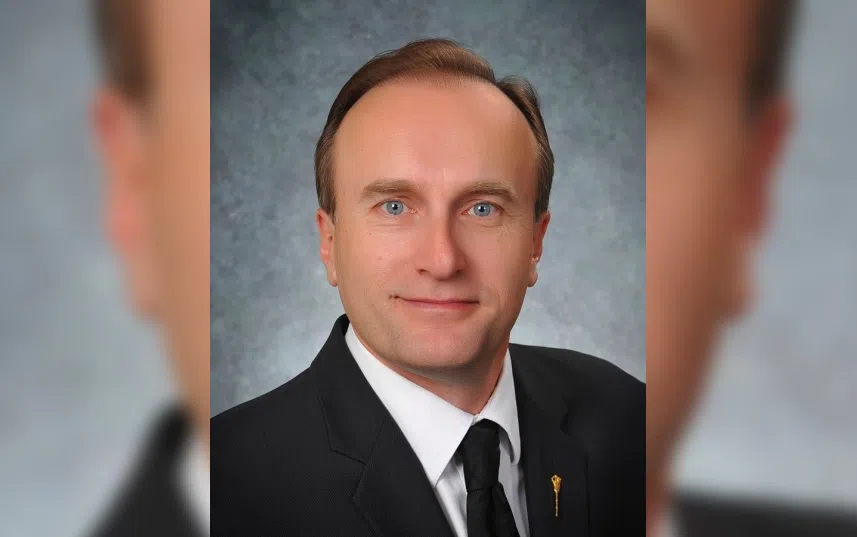
Sask. minister blasts feds over health funding
Saskatchewan’s health minister is calling for continued negotiations on a new national health funding plan, despite a breakdown in talks this week.
Jim Reiter said Monday’s discussions with federal Health Minister Jane Philpott and Finance Minister Bill Morneau felt like a wasted trip.
“I got a phone call Sunday morning from Minister Philpott to discuss it. And I expressed to her, I said: ‘I’ll gladly come if we’re going to have an actual discussion. But if this is going to be a take-it-or-leave-it proposal, we can do that by email,” he told 650 CKOM host John Gormley on Tuesday.
But Reiter said ‘take-it-or-leave-it’ is all the feds seemed to have on offer.
“We wanted to have a discussion. And essentially, the federal finance minister ended the conversation and said: ‘the money’s off the table now.”
The negotiations centre on Ottawa’s formula for increasing healthcare transfers each year. The increases were fixed at 6 per cent a year since 2004. Stephen Harper’s Conservative government brought in a plan to cut the increases to three per cent, or the rate of GDP growth – whichever number was higher. The change is set to take effect in 2017.
Reiter said health care costs continue to rise faster than than the Consumer Price Index, a measure that tracks increases in the cost of living.
“New drugs come online that are expensive. We buy a lot of our supplies and equipment from the United States so the exchange rate is hurting us – there’s a number of reasons for it,” he said.
Reiter said the provinces proposed yearly increases in the five per cent range. Morneau countered with an offer of three-and-a-half per cent, plus additional money earmarked for home care and mental health programs.
Reiter said he was shocked when Morneau told the assembled ministers that the extra money was off the table if they didn’t take the deal.
“This is very important to Canadians. I found it odd that they were treating it like it was a department store sale on microwave ovens: ‘If you don’t buy by 5 o’clock, the offer’s over,’” he said.
Reiter said he has two main concerns with the federal offer. First, the deal would have eliminated the tie between funding and GDP growth contained in the Harper plan.
“Three (per cent) was a basement. If the GDP (growth) exceeded three per cent, that’s what it would be based on. With the current proposal from the federal government, the three-and-a-half, it isn’t the basement – that’s it,” he said.
Second, Reiter said he wasn’t comfortable with the arrangement for targeted money for mental health and home care. He said too often, these types deals aren’t stable.
“They provide it for a term. Then the federal money expires and the province is left holding the bag with either back-filling programs or cancelling a good program that the public’s come to expect,” he said.
Reiter went on to say the federal government gets a sweetheart deal on health: they provide about one-fifth of the money, but have power over some two-thirds of the decisions.
“I don’t know of any business where you or I could put 20 per cent of the funding in and call two-thirds of the shots. I don’t think that would sell well on Dragon’s Den,” he said.
Email news@ckom.com
Twitter @CKOMNews


